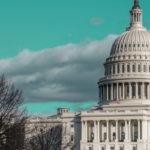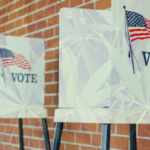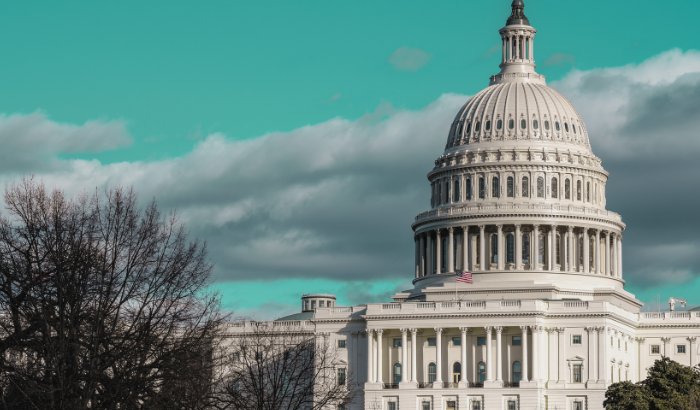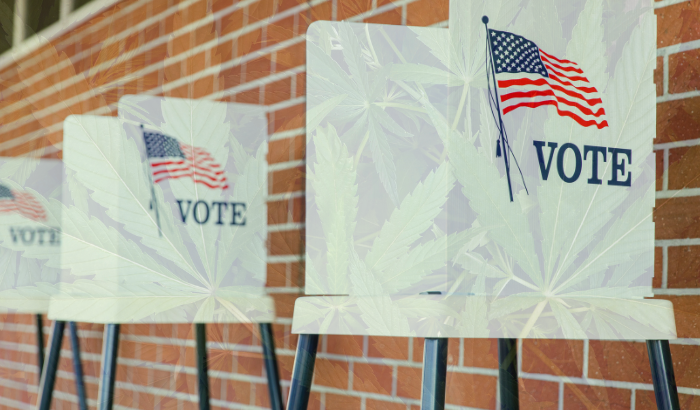
Legislation would eliminate ability of federal agencies to disqualify for jobs and security clearances solely for prior cannabis use
The Senate Homeland Security and Governmental Affairs Committee voted 9-5 to approve legislation which will eliminate the ability of federal agencies to disqualify applicants for federal jobs and security clearances solely for prior cannabis use.
S. 4711, the Dismantling Outdated Obstacles and Barriers to Individual Employment (DOOBIE) Act, was introduced by committee chair Sen. Gary Peters (D-MI) over the summer and was quickly scheduled for a vote in July before being postponed until this week. The bill will greatly diminish the discrimination that people who have used cannabis face when trying to get federal employment and security clearances, improving both the operation of federal agencies and national security by significantly expanding the talent pool that is eligible for these roles.
The legislation will now be considered by the full Senate, though it is unclear when it will be brought to the floor for a vote.
“At a time when most Americans think cannabis should be legal and most states allow its use in some form, it is ridiculous for the federal government to continue these outdated, unfair, and frankly dangerous hiring and security clearance approval policies,” said NORML Political Director Morgan Fox. “We are putting ourselves at a tremendous disadvantage as a nation by barring qualified individuals who have used cannabis from civil service. NORML strongly urges congressional leadership to expedite passage of this legislation immediately.”
Similar legislation – the Cannabis Users’ Restoration of Eligibility (CURE) Act – was approved in a bipartisan vote of the House Oversight Committee last September.
Several federal agencies have already decreased the role that past marijuana use plays in determining employment suitability. The Office of Personnel Management has similarly recommended that all federal agencies limit the window in which past use is considered for denial of employment.
States are also increasingly taking steps to protect the employment rights of cannabis consumers and improve the opportunities available to them.
Research has shown that responsible cannabis use off-the-clock is not associated with increased workplace accidents or injuries, and the implementation of medical and adult-use legalization laws is positively associated with greater labor participation, lower rates of absenteeism, declines in workers’ compensation filings, and higher wages.
This article was republished via NORML. For more information, please see the NORML Fact Sheet, ‘Marijuana Legalization and Impact On the Workplace.’























